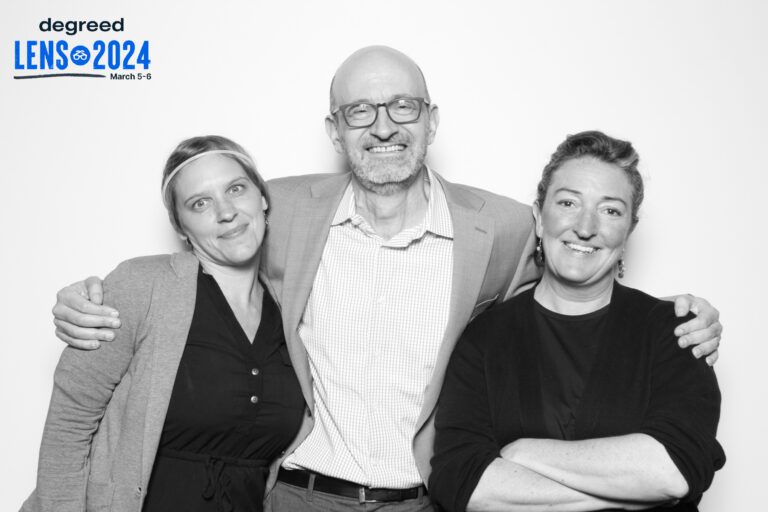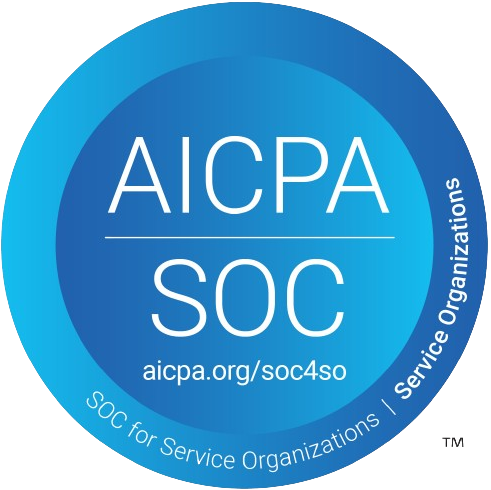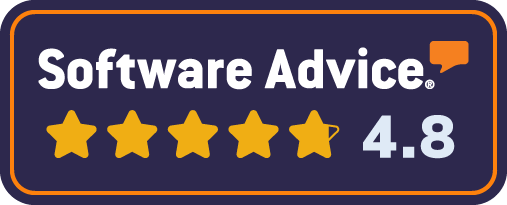Knowledge is constantly evolving and the demand for upskilling and reskilling is ever-increasing, events like Degreed’s LENS 2024 are important spaces to interact with industry leaders around innovation and inspiration in L&D. This year’s edition of LENS, where CredSpark was a proud sponsor, brought together business leaders, technology innovators, and L&D professionals from diverse fields to explore the future of organizational learning. As the dust settles and participants return to their respective domains, it’s imperative to reflect on the insights gleaned and contemplate their implications for the evolving landscape of education and professional development.
Here are our key takeaways from attending LENS 2024:
Skills based hiring and training is taking center stage as the go-to for finding and nurturing talent for organizations.
What does this mean?
More and more companies are basing hiring decisions on seeking out people that are able to demonstrate the knowledge and skills necessary to do their job, rather than using traditional skill-signals such as degrees.
Companies are rethinking their L&D strategies to focus on broader skills, such as leadership, critical thinking, creativity, and problem solving, rather than on role-specific tasks.
Some changes to traditional L&D approaches that we may see as a result of this shift are:
- An increase in priority for technology upskilling – especially around AI and related areas
- A push towards personalization and interest-based learning
- An uptick in training around power skills (formerly recognized as “soft skills”) across all roles and organizational levels.
- A decrease in linear training models, with organizations opting instead for an ecosystem paradigm around learning
How does CredSpark help?
As Degreed´s assessment partner since 2016, hundreds of their clients incorporate CredSpark’s tools into Degreed’s learning pathways to engage their learners and provide an objective diagnostic or certification of their skill sets. This information is then used to inform business decisions, individual and group learning pathways, and directions for further L&D initiatives. Learn more about CredSpark’s partnership with Degreed here.

Aligning skills data with business goals is key.
What does this mean?
L&D’s role in an organization is to make sure that the workforce has the necessary skills, knowledge, and tools for the company to achieve its strategic goals. However, it is often the case that there is a disconnect between data around skill levels and their impact on the larger company goals.
Several speakers highlighted the importance of connecting organizational stakeholders with L&D through effective communication and data sharing to increase visibility and impact. This goes not just for strategic organizational goals, but also for employee engagement and satisfaction.
As a result, it is likely that we will see more and more companies collecting more data around skills and integrating that information with existing business analytics. This may take the form of a skills database or skills assessment tools that feed into BI software, for example. This allows for a real time, clear visualization of where the business wants to go and how their workforce is equipped to get them there.
How does CredSpark help?
CredSpark+ harnesses the power of data by providing API / xAPI endpoints that can be tapped to safely share robust information on employee engagement and skill levels, allowing for more effective communication and understanding around how L&D initiatives are impacting our clients’ organizations.
Technology, and especially AI, are changing the way we learn and train.
What does this mean?
It’s impossible to ignore the capabilities and potential impact of AI on work. Noelle Russell, Chief AI Officer at the AI Leadership Institute, invited LENS attendees to not get caught up in the fear of being replaced by technology, but rather to decide how they (and their organizations) want to use it and can benefit from it.
What this means for learning is that: organizations need to develop skills that help us to adapt to AI; we need to reflect on the value that each contributor brings to organizations, and world, as human beings and focus on deepening the skills related to that; there is a need to focus on new skill areas that arise as a result of an increase in usage of AI and related technologies in the workplace – like creative thinking, AI / digital literacy, adaptability, self-learning / self-awareness, and more.
This represents a focal shift for L&D strategies at many organizations and the early-adapters – many of them present at LENS – are already well on their way.
How does CredSpark help?
Apart from CredSpark’s ability to serve as a skills assessment tool, the app is also integrating Gen AI-based functionalities into its repertoire to give our users assistance when creating assessment questions. By simply pasting a URL or text into our tool, users can quickly create and edit question sets that before may have taken hours to create. Harnessing the power of this technology helps our users to spend more time on creative tasks, like learning, assessment, and business strategy.
LENS 2024 was more than just a conference; it was a glimpse into the future of learning. From the transformative potential of technology to the enduring value of human connections, the event offered a wealth of insights and inspiration. As we chart a course into the unknown terrain of tomorrow, let us carry forward the lessons learned at LENS 2024 and continue to innovate, collaborate, and empower learners on their journey of lifelong discovery and growth. Together, we can shape a future where education knows no bounds and every individual has the opportunity to thrive.
Learn more about how CredSpark can support your organization’s assessment strategy! Book a call with one of our experts today.







